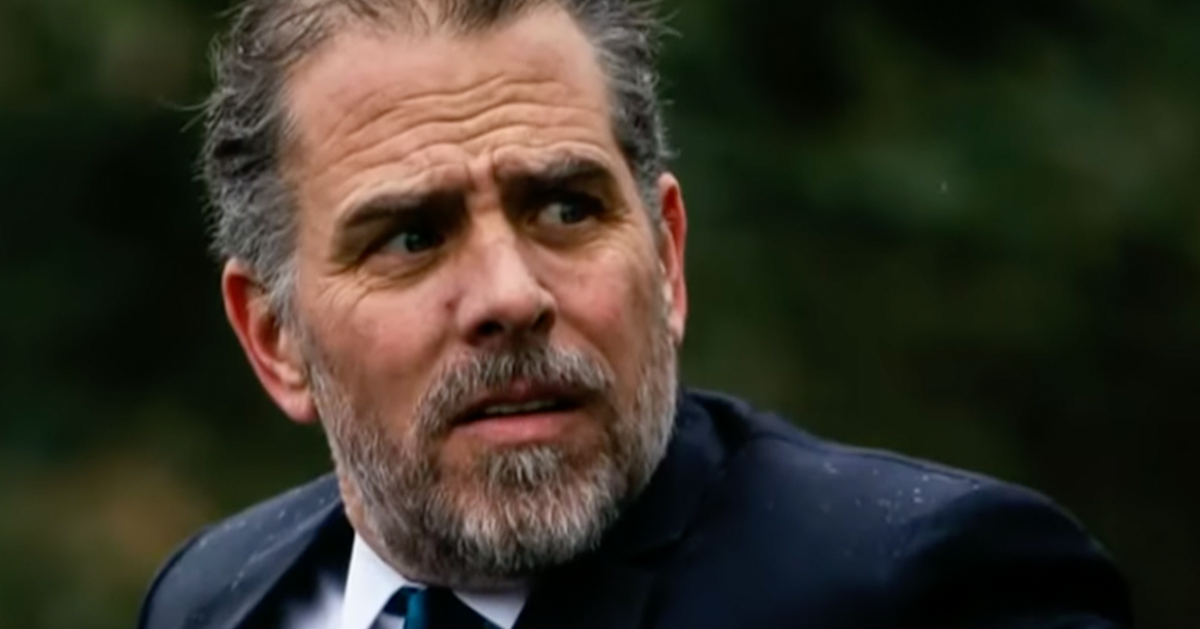Harris Addresses Biden's Controversial 'Garbage' Comment for First Time
President Joe Biden's recent, highly controversial remark about Trump supporters, whom he described as "garbage," has stirred significant reactions across the political spectrum, prompting Vice President Kamala Harris to address the controversy.
During a Zoom conference with Voto Latino, President Biden's comment criticizing Trump's followers ignited a wave of debate and responses from various political figures, including Vice President Kamala Harris, who attempted to minimize the negative impact on her campaign, as Fox News reports.
The incident originated on Tuesday when Biden participated in a virtual meeting with Voto Latino, a prominent civic organization focused on Latino empowerment.
Biden's controversial statement came in response to a query regarding an event at a Trump rally. At this rally in Madison Square Garden, comedian Tony Hinchcliffe derogatorily likened Puerto Rico to a "floating island of garbage."
Vice President Responds to Biden's Clarification
Biden's response was firm and cutting, declaring, "The only garbage I see floating out there is his supporters." The president sought to condemn what he perceived as harmful rhetoric directed at Latinos by the former president and his supporters.
Later that evening, Biden moved to clarify his comments on social media. He expressed that his remarks were aimed specifically at the hateful rhetoric emerging from the rally.
"I referred to the rhetoric about Puerto Rico spewed by Trump's supporter...as garbage," he tweeted, underscoring his commitment to challenging such divisive speech.
On the following Wednesday, Harris broke her silence on the matter. She noted that Biden had "clarified his comments," and reassured the public of her dedication to representing all Americans, irrespective of their political support.
Reactions from Political Figures and Public
"My work," Harris emphasized, "is about representing all the people, whether they support me or not." She underscored what she said was her strong opposition to any criticism based on voter preference.
Adding to the conversation, Minnesota Gov. Tim Walz appeared on Good Morning America, aligning himself with Harris's inclusive message. He critiqued Trump's divisive approach, noting, "The vice president and I have made it clear that we want everyone as a part of this."
Furthermore, campaign senior adviser Stephanie Cutter came to Biden's defense. She stated that Harris's potential presidency would be focused on unifying the country, transcending political divisions. "When she's president," Cutter pointed out, "she's not going to care who you voted for."
GOP Reactions to Biden's Remark
Despite the uproar, notable Republicans, such as Sens. Ted Cruz and Rick Scott, remained silent, offering no public comment on Biden's statement. The silence speaks volumes amidst the charged atmosphere.
Cutter rebutted criticisms from Trump and his allies, highlighting their "faux outrage." She called attention to their rhetoric around the subject, arguing it lacked sincerity. Cutter concluded, "The president is calling the entire country a trash can," drawing a parallel to the collective discourse.
Harris further elaborated that Tuesday's call with Biden did not touch upon his "garbage" remark. Instead, discussions focused on broader themes of governance and unity.
Public and Media Reactions Continue
Biden's comments have broader implications because they potentially target a significant voter base, insinuating that many Americans, referring to the 74.2 million votes Trump secured in 2020, might perceive themselves as being labeled disparagingly.
Both Biden and Harris seem to be navigating a delicate balance, responding to questions about their commitment to representing the entire American public without alienating their respective political bases. This episode continues to underscore the deeply divided political landscape in the country.
The controversy illustrates the ongoing polarization in American politics, with leaders and advisory voices urging civility and respect in public discourse. Observers note the necessity for leaders to reconcile differences and promote unity amidst diversity.
As tension simmers, the focus remains on how political figures like Biden and Harris will navigate such incendiary issues moving forward. The responses and rhetoric from both parties suggest that this dialogue is far from concluded, and the discourse around inclusive leadership continues to evolve.






